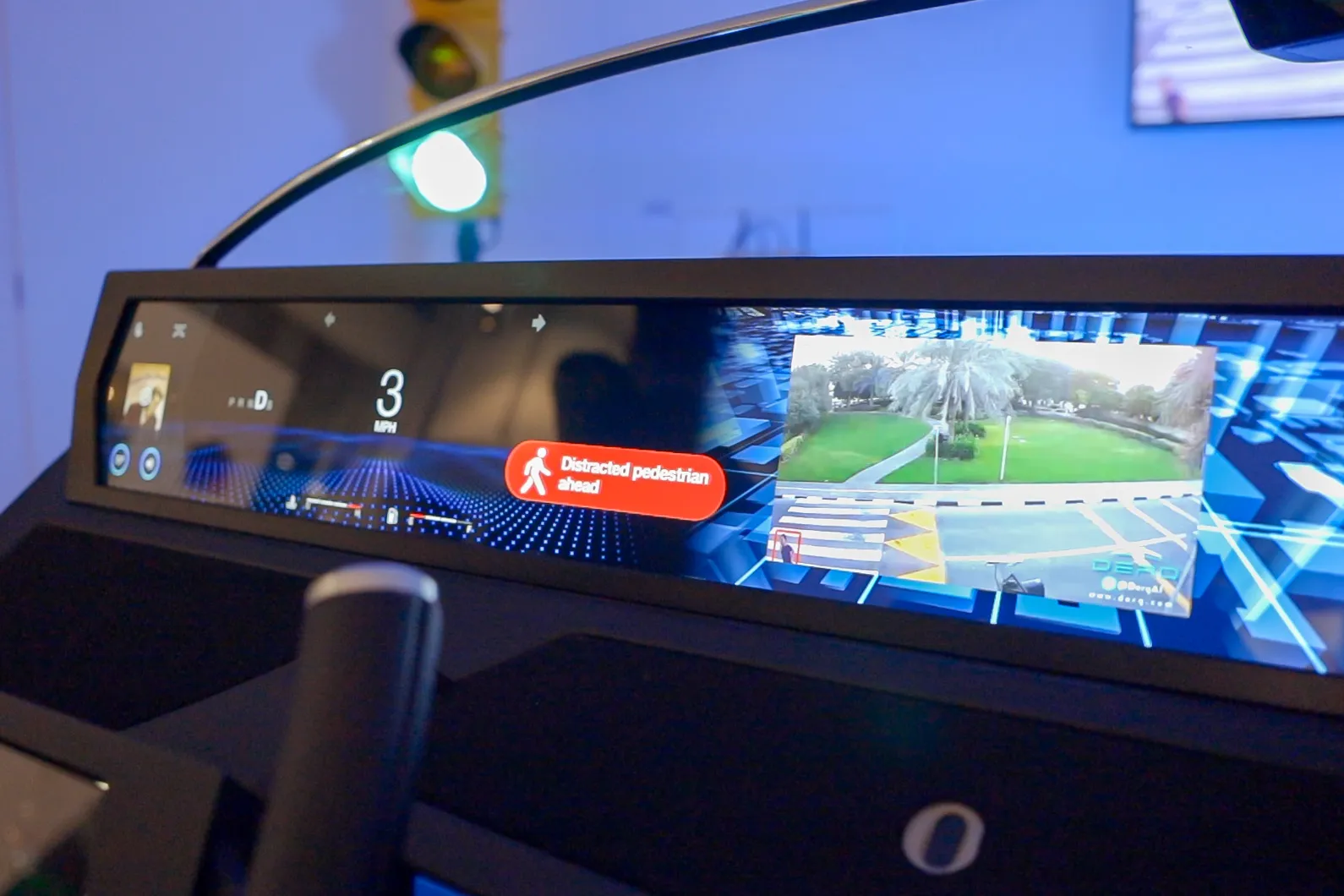The first is UK-based pedestrian simulation software company
“Because pedestrian traffic and capacity are major concerns for infrastructure planning and operations, collaborative digital workflows for pedestrian simulation need to be prioritised during design,” explains Santanu Das, senior vice president of design engineering for Bentley.
Legion’s pedestrian simulation application models the interactions of people with each other and with physical obstacles in public spaces, including the way they interact with vehicles at street level.
These can be used with Bentley’s OpenBuildings Designer to consider how pedestrian traffic is likely to behave. Legion founder Douglas Connor says: “Pedestrian flows should be considered fundamental design criteria for infrastructure assets.”
The second of Bentley’s acquisitions is Agency9, a Swedish firm which provides municipalities with city-scale digital twin cloud services for city planning and web-based 3D visualisation. Agency9 already uses the reality meshes created by Bentley’s ContextCapture reality modeling software.
The services dovetail with Bentley’s new iTwin cloud services, which the company says will enable OpenCities Planner to offer more detail to urban planners.
“Our many city users globally have been asking for the useful capabilities which Agency9 has successfully implemented throughout Sweden, to take further advantage of their reality modelling programmes,” says Phil Christensen, Bentley’s senior vice president, reality modelling.
Håkan Engman, CEO of Agency9, says that becoming part of Bentley means that “we can foresee the realisation of our users’ vision to advance from urban planning to improving cities’ asset performance”.
Bentley acquires pedestrian simulation software firm Legion
Bentley Systems has hit the acquisition trail, buying two digital companies.
October 16, 2018
Read time: 2 mins









